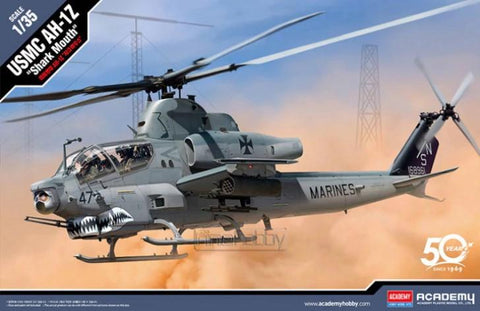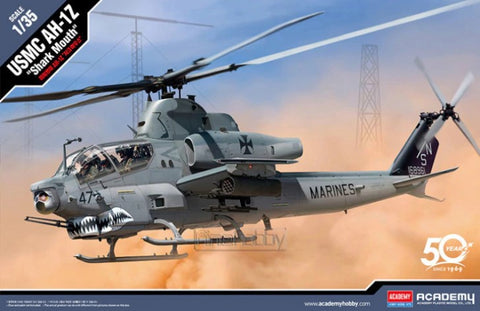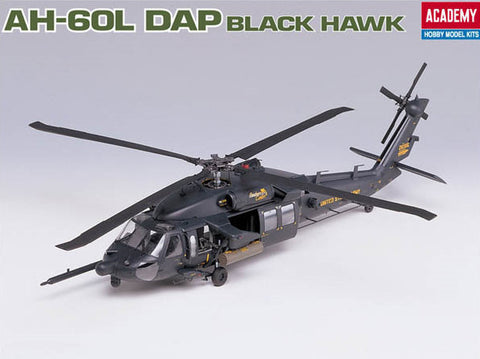
Revell Germany Ship Models 1/350 German Bismarck Battleship Kit
Estimated Shipping: 2-3 Business Days
RVL-5040The Bismarck , at 42,343 tons was, for her time, the largest and most up-to-date battleship in the world (next to the Hood ). On 24th May 1941, in a sea battle, together with the heavy cruiser Prinz Eugen , at the pack ice frontier of Greenland, with a direct hit by the 5th salvo from her 380 mm guns she sank the largest British battle cruiser the Hood . Launched on 14th February 1940 at the Blohm & Voss shipyard, Hamburg, together with the similar Tirpitz she was the most up-to-date and prestigious ship of the German navy. With a length of 251 m the top of the mast stood 52 m above the surface of the sea. She was protected by a total of 17,450 tonnes of steel armour plating. The newly designed heavy artillery fired 800 kg projectiles up to a range of 34.2 km and were capable of penetrating 350 mm armour at 21 km. Although the Prinz Eugen suffered no direct hits in the battle of 24th May, the Bismarck , which was damaged in the bow, made for a French harbour. In the subsequent pursuit by British ships and aircraft, on 27th May 1941 a torpedo hit the rudder and after being hit by the superior numbers of the Home Fleet she was disabled and sunk in the Atlantic about 800 km off the French coast. Of the 2,092 men on board, 115 survived.
Features:
- New mold
- Detailed hull
- Detailed drive shafts
- 3 propellers
- 2 movable rudders
- Detailed main deck with planking
- 4 detailed 380 mm gun turrets with individually movable barrels
- Twelve 150 mm guns
- Sixteen 105 mm anti-aircraft guns
- Separate forward anchor chain
- Arial masts
- Detailed control tower
- Search lights with transparent parts
- Super-detailed funnel superstructure
- Filigree funnel cover
- 10 lifeboats of different types
- 2 Arado 196 sea planes with glass canopy
- Aircraft hangar doors optionally open or closed
- 2 detailed cranes with jibs
- 2 detailed capstans
- Display stand
- Camouflage instructions and decals for two periods of use: trial phase in the Baltic, autumn 1940 and May 1941
















